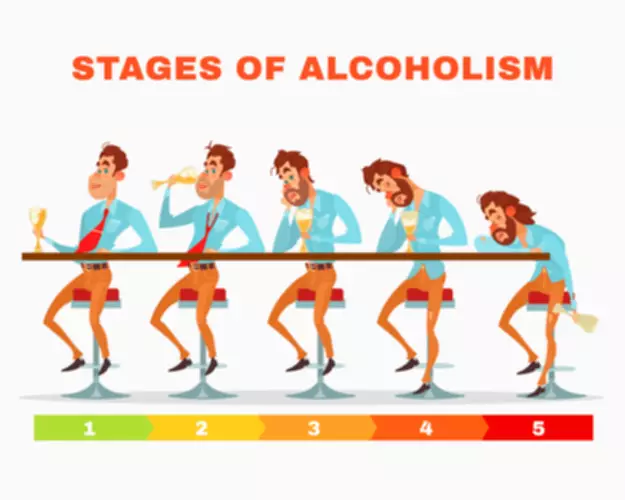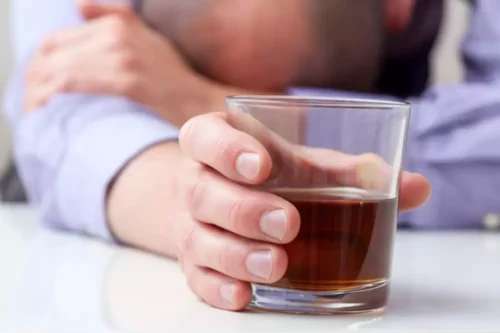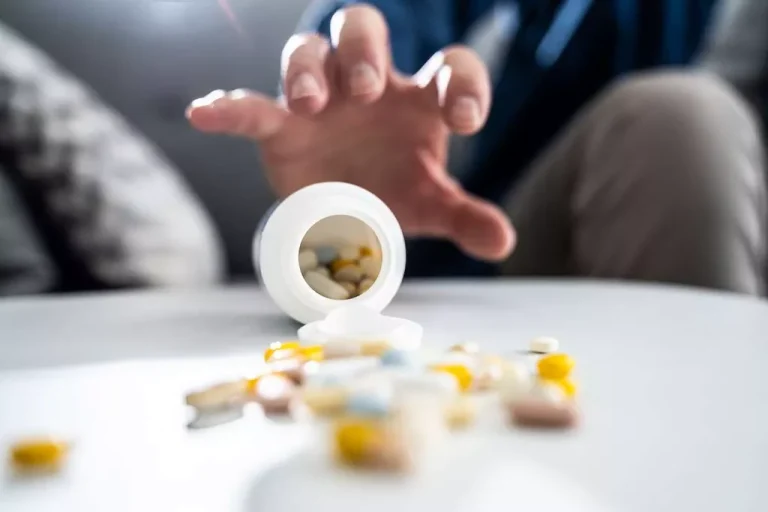
Doctors usually use a type of drug called benzodiazepines to reduce alcohol withdrawal symptoms. A hangover occurs when a person drinks too much alcohol at one time. Alcohol withdrawal syndrome occurs when a person with alcohol use disorder stops or suddenly decreases their alcohol intake. Alcohol withdrawal syndrome is a set of symptoms that occur when someone who is physically dependent upon alcohol suddenly stops drinking or drastically reduces their alcohol intake.
Can alcohol withdrawal cause muscle spasms?
Then, your treatment team will address your alcohol dependence, usually by using a stabilizing medication that’s tapered down over the course of your detox. This process minimizes withdrawal symptoms and lessens your risk of complications. Staff will closely monitor you, especially in the first 48 hours after alcohol detox side effects you begin to detox as that’s when most symptoms set in. They’ll check your vitals, ask how you’re feeling, and may perform blood tests as necessary to check your hydration levels. Your doctor can recommend medications that can help with alcohol withdrawal symptoms and cravings during your recovery.
- This can make you feel energetic and even extremely happy (euphoric) shortly after you drink alcohol, but the effects don’t last.
- Signs of an impending seizure include tremors, increased blood pressure, overactive reflexes, and high temperature and pulse.
- Nutrient deficiencies are common in people with alcohol use disorder and may be treated with a nutrient-rich diet, drinking enough water, and regular use of vitamin supplements.
- During initial treatment, a person may receive a higher dosage of benzodiazepines to reduce symptoms and the urge to drink alcohol.
- Research also notes that an intravenous administration of benzodiazepines can help decrease the risk of delirium tremens.
- Treatment professionals at a rehab facility will be able to help you manage your pain with different medications.
- If you or someone you know is having thoughts of suicide, a prevention hotline can help.
Mental Health Benefits of Quitting Alcohol
You can even ask your clinical team to help you come up with a plan ahead of time, so if you do begin to experience PAWS, you know what to do. It’s most common in people who have chronically used alcohol in high quantities over the years, or consistently for months. Early detection and professional treatment can prevent death or serious injury. The goal of alcohol detox4 is to help you reach an alcohol-free state, relieve your symptoms, and address any co-occurring conditions to prepare you to enter addiction treatment. Each year, more than 1.5 million people in the U.S. go through alcohol withdrawal1 in a rehab or a medical setting. And while even more people withdraw at home, alcohol withdrawal can be very dangerous, and in some cases lethal.

Lower Cancer Risk

By the time you’ve completed your first week of detox, many of the withdrawal symptoms will begin to taper off. While some symptoms may persist for a few weeks, most of them are minor and can be treated with medication. If you do experience DT, you’ll probably need to stay in the hospital until your symptoms subside. As dehydration is very common, they’ll test your blood for electrolytes levels and body fluid levels. They’ll also likely give you medicine to help you stay calm, prevent seizures, and lessen your symptoms. Your medical team will also keep a close eye on your fluid and electrolyte levels.

Stages of Alcohol Withdrawal
The goal is to achieve medical stability, reduce distress and add comfort to the process. Finding an alcohol detox program is for many the first step on the road to recovery from alcohol addiction. Night sweats and hot flashes are common, but temporary, during alcohol withdrawal. This may contribute to difficulty sleeping but shouldn’t persist too long after the acute withdrawal period.
Although the effects are somewhat predictable, there is no way to know with certainty which symptoms will emerge and how intense they will become for each person. Doing what you can to get in a nutrient-rich diet with vegetables, fruits, lean proteins, and complex carbs is recommended to help promote physical and mental health. If you need to detox from home, consider seeking medical advice and asking for support from family or friends, who can call for help if medical complications occur.
- Tap into your social network to help support you through alcohol withdrawal.
- A doctor may also need to administer fluids intravenously to prevent dehydration and correct electrolyte abnormalities.
- People who have an addiction to alcohol or who drink heavily on a regular basis and are not able to gradually cut down are at high risk of AWS.
- Many people with alcohol use disorder hesitate to get treatment because they don’t recognize that they have a problem.
